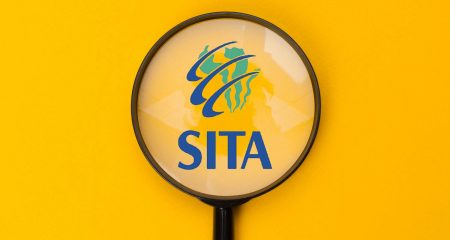
Internet content regulations should not be rushed into and, in fact, should be delayed until there has been a proper public consultation to create a legal and practical framework, the Internet Service Providers’ Association (Ispa) has warned.
In a statement on Thursday, Ispa, which represent most of South Africa’s ISPs, said it accepted the need for measures to be introduced to tackle the exposure of children to content such as pornography.
But, said the association’s co-chair, Graham Beneke: “While many of these measures are required in the offline world, those that are to apply to content carried through electronic communications — whether through a service provider or peer to peer — need to be very carefully considered. This is due to the complexity of the online environment and the pace of technological change and modes of communication.”
One of the main challenges, according to Ispa, is that the Films and Publication Act — finalised in 1996 — effectively dates from the pre-Internet era.
“Amendments in 2004 and 2009 have attempted to bring the act into the Internet age with limited success,” the association said. “ISPs, for example, have been required to register with the Film and Publication Board (FPB) since 2004, but it is not clear what the purpose of this registration is other than to pay an annual fee.”
Ispa said “no substantive obligations” have been imposed on ISPs that have registered and, despite failure to register being declared an offence in 2009, compliance levels are low.
The FPB is considering a legislative amendment to allow for better regulation of online content distribution, according to Ispa, and intends establishing an efficient and effective online and new media content regulatory strategy for the country within the next three to four years. “This is a laudable if ambitious goal, but it will not be achieved without understanding the context in which this strategy is to be applied,” said Beneke.
In the interim, however, new regulations published in March 2014 have attempted to widen the categories of businesses that must register with the FPB to include “online cellular content providers”, “online content providers”, hosting providers and “online content distributors”. A fee of up to R750 000 — determined at the discretion of the FPB — is payable by the last category.
Beneke said it is not clear who exactly should be registering with the FPB because no definitions of the various categories are provided. “Furthermore, what is the purpose of this registration if there is as yet no strategy or framework in place for online content classification?”
Ispa added that the impact of compliance and registration fees on the industry needs to be assessed. — (c) 2014 NewsCentral Media




